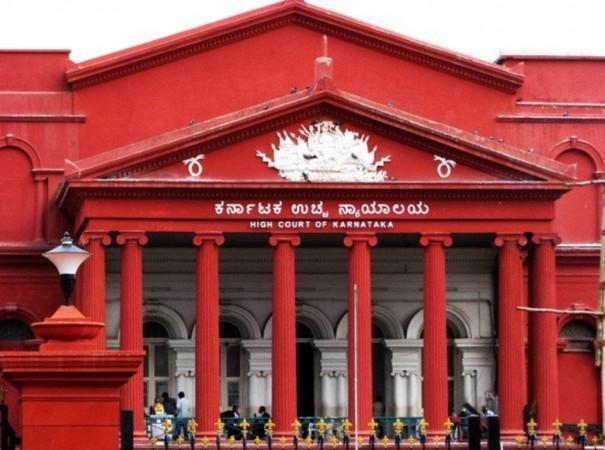The Karnataka government has decided to beef up security for the High Court Judges who are part of the Special Bench that ruled against the plea for allowing Muslim girl students to wear hijab in school and college classrooms. Karnataka government's decision comes in the wake of death threats to the judges from certain quarters in neighbouring Tamil Nadu.

Chief minister Basavaraj Bommai on Sunday said that the High Court judges who gave the verdict on the Hijab issue, will be provided with Y-category security. Speaking to the media here on Sunday, Bommai said, "If anybody is not happy with the verdict he or she have the option of approaching the higher courts. We will not tolerate anti-national forces that threaten the rule of law in the country. Already security has been strengthened for the judges but I have instructed that they be provided with Y-category security."

Bommai also questioned the silence of so-called liberals and secularists, on the threats being issued to the judges. The state police have been instructed to seek custody of the accused and bring them to Karnataka for further investigation.
Two persons have been taken into custody in Tamil Nadu in connection with issuing death threats to the judges of Karnataka High Court who dismissed petitions demanding wearing of hijab in classrooms. The special bench comprising the Chief Justice of the Karnataka High Court Ritu Raj Awasthi, Justice Krishna S. Dixit and Justice Khaji Jaibunnesa Mohiyuddin, while dismissing the petitions demanding hijab in classrooms, had underlined that wearing of hijab is not an essential part of Islam.
In Karnataka, Vidhana Soudha police in Bengaluru have booked FIRs based on the complaint by advocate Sudha Katwa. In the complaint it is mentioned that there is death threat, criminal intimidation, use of abusive language and also breach of peace and communal harmony in the state.
What is Y category security cover?
It was only a couple of days ago that Kashmir Files director was given Y category security cover. Which means that two PSOs and an armed guard at residence round the clock and additional security at night will be provided to those threatened. Roughly that translates to about 11 personnel (5 for static duty and 6 for personal security) that work over shifts.
(With inputs from IANS)

















